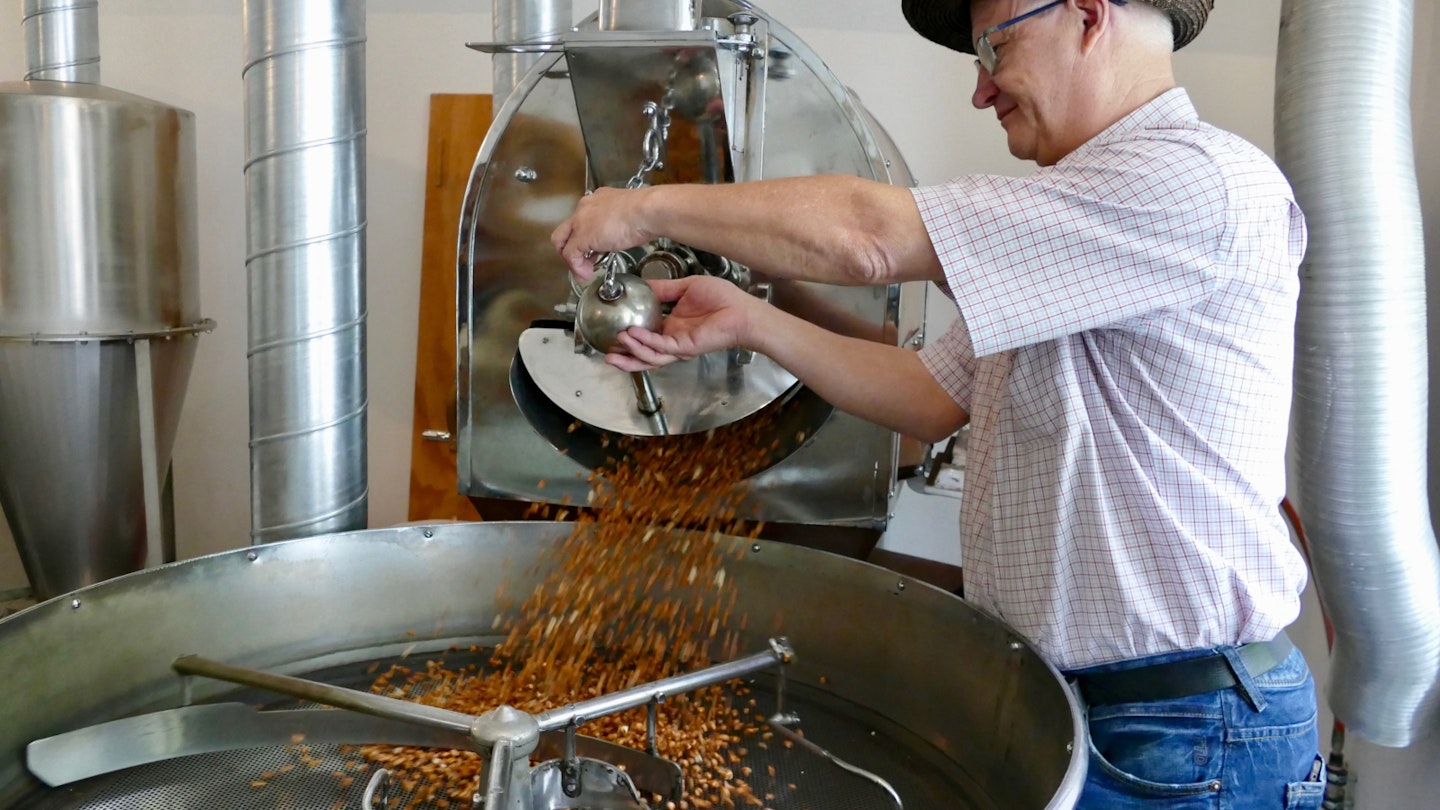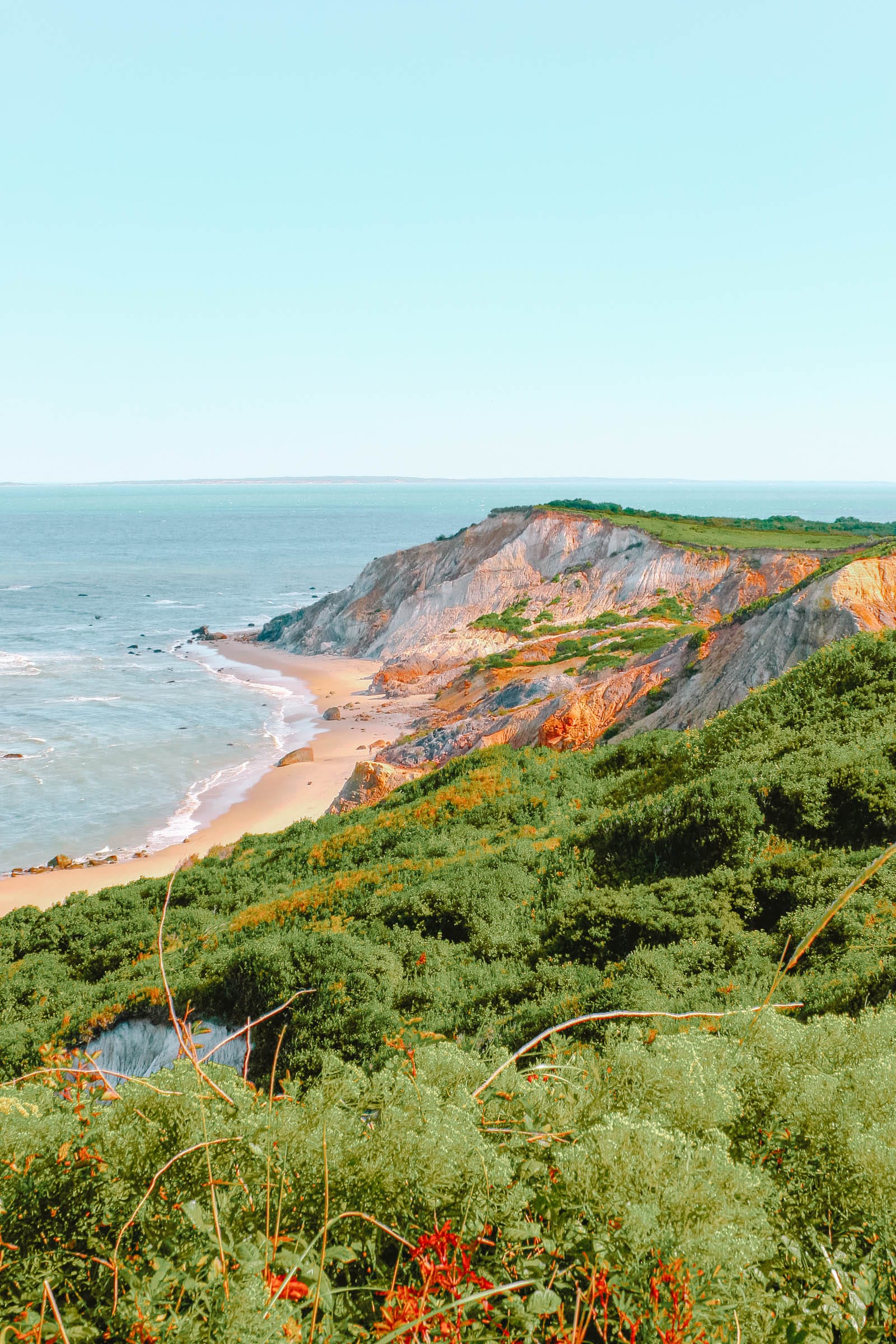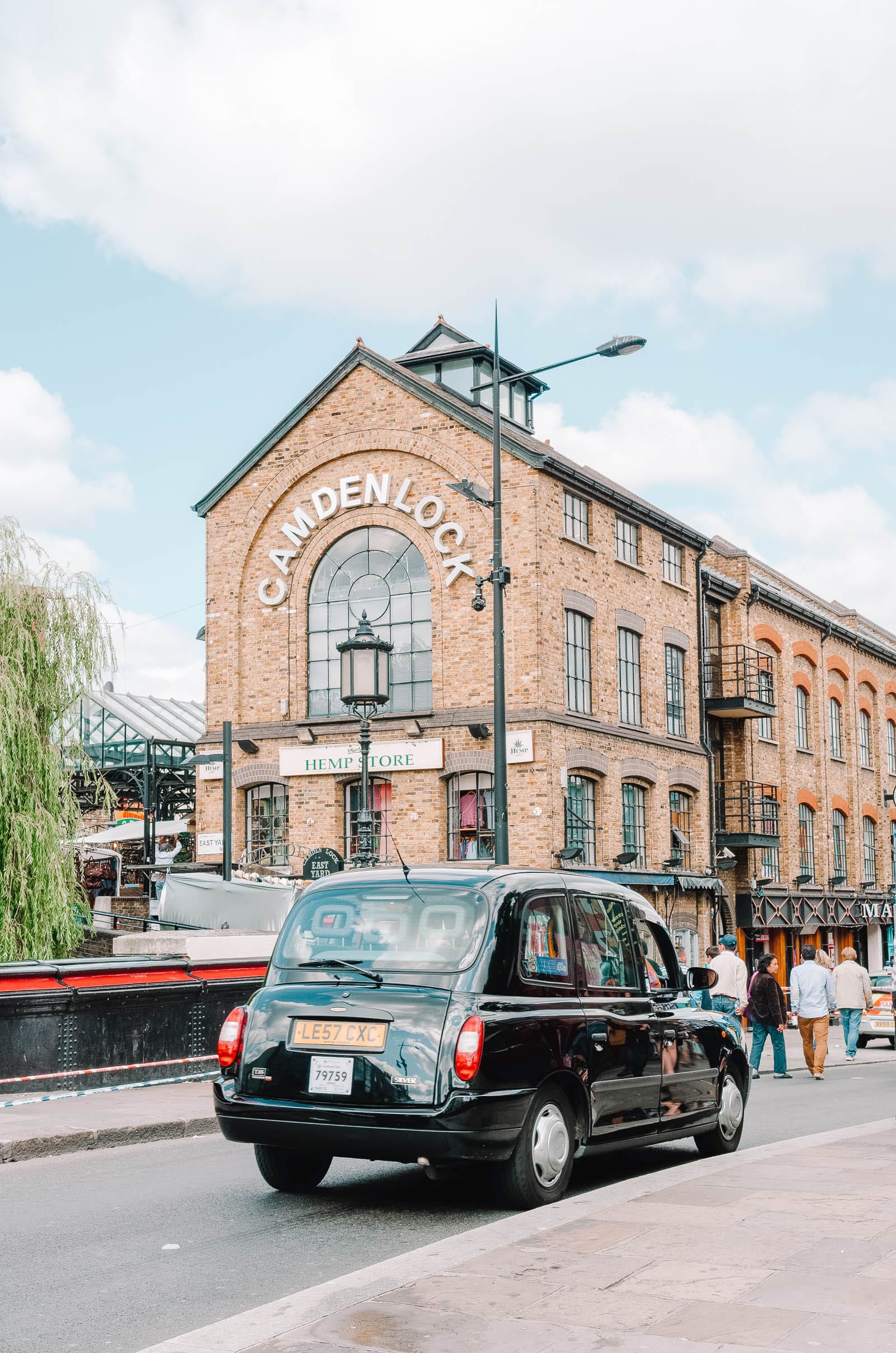Savoring the Slow Food Delights of Ticino, Switzerland
Ticino – Switzerland’s southernmost, Italian-speaking canton – is a slow food haven where travelers can embrace la dolce vita alongside Swiss efficiency. This picturesque region invites visitors to leisurely explore historic lakeside cities like Lugano and Ascona, as well as spectacular valleys such as Onsernone and Muggio, all while indulging in its distinct gastronomy.
Where to Buy Fresh Produce
Head to Bellinzona Market
The year-round Saturday morning market in Bellinzona, Ticino’s capital, is an opportunity for local producers to showcase their offerings. Stalls adorned with the canton’s blue and red flag snake along the historic center, featuring an array of cold cuts, including mortadella di fegato (pork liver salami), and numerous cheeses like aged formaggio d’alpe made from high-altitude cows’ milk.
Visitors can also enjoy a slab of the beloved bread cake (leftover bread soaked in milk and eggs, baked with dried fruit and nuts), along with herbs and pepper mixed from the Maggia Valley, and honey-coated chestnuts, marmalade, marrons glacés, and more. The smaller market at Lugano offers similar produce on Tuesday and Friday mornings. As they often say in the Ticinese dialect, ‘Sa védum al mercà’ (‘meet you at the market’).
Buy Direct from a Farm
Founded in 1930 on the fertile River Maggia delta, Terreni alla Maggia cultivates a rich variety of produce, including corn, wheat, and barley. Notably, the farm is home to Switzerland’s only rice paddy, producing Riso Nostrano Ticinese used in risotto and local beer.
This farm also boasts vineyards that grow Bondola, a unique indigenous red grape. The winery produces award-winning wines like La Lepre, a fruity white merlot specialty of Ticino. A range of regional specialties is available at their farm shop, where a wine tasting with nibbles costs Sfr20 per person.
Revivalist Cuisine: What to Eat
Farina Bonà
A delightful aroma of popcorn hovers around the mill in Vergeletto, located in the breathtaking Onsernone Valley, surrounded by lush forested slopes dotted with stone cottages. Former teacher Ilario Garbani revitalized the mill along with Farina Bonà, a finely milled toasted corn once an essential part of the diet in this historically isolated valley.
After researching traditional recipes, Garbani introduced a coffee roaster to enhance its unique flavor and operates the mill each week using ancient stone techniques. Today, this versatile ingredient is used in Valona craft beer, pasta, amaretti, and even ice cream. Tours of the mill are available every Tuesday for Sfr15 per person.
Zincarlin
Valle di Muggio’s signature cheese, zincarlin, is an intensely flavored delight made exclusively by Marialuce Valtulini. This handcrafted cheese, made from cow’s milk, is hand-kneaded and bathed in white wine daily for two months to maintain the rind’s softness. As it matures, the cheese develops a unique wrinkled texture.
Having nearly disappeared, Valtulini revitalized this age-old cheese using a recipe passed down from her mother, and now adds a modern twist by substituting Gin Bisbino for white wine, creating Gincarlin, which pairs beautifully with risotto.
Gin Bisbino
Originating from the Valle di Muggio, Ticino’s southernmost valley, this innovative gin emerged from the creative minds of four friends who carefully crafted a recipe featuring seven herbs—melissa, coriander, and a secret ingredient—all cultivated in their terraced garden in Sagno.
By taking over a traditional grappa distillery, they produced a 100% organic, mellow dry gin with subtle citrus overtones. Everything about Gin Bisbino is locally sourced, from the ingredients to the design and bottling. Visitors can now savor an authentic Ticinese G&T. This area has been home to fruity Gazzosa (a type of fizzy lemonade) since the 19th century, which now pairs perfectly with tonic water. A tour of the gardens and distillery along with a tasting experience costs Sfr30.
Eating Out
In the Grotto
Grotto restaurants are a distinctive facet of Ticinese culinary tradition. Originally, these cool, dry natural caves were utilized for storing perishables and eventually evolved into simple eateries for farmers to unwind and share their produce.
At the welcoming Grottino Ticenese in Losone, patrons gather around alfresco granite tables to enjoy local meats and cheeses, risottos, hearty stews, and an always simmering pot of polenta, traditionally stirred by hand but now mechanized.
From the terrace of Grotto san Michele situated within the walls of Bellinzona’s historic Castelgrande, diners enjoy panoramic views over the city and its other ancient castles. The menu features classic dishes, including soft and creamy cylinders of büsciön cheese, and the must-try gnocchi pan salam (bread gnocchi in a rich salami ragù).
A Gastronomy Tour of Lugano
Lugano dazzles with its culinary offerings, and embarking on a guided food tour in this lakeside city can provide a truly indulgent experience. Commence your journey at family-run Gabbani, known for its signature salami, before enjoying a glass of local sparkling wine at Bernasconi Gastronomia paired with strudel Luganighetta, a local variation of a sausage roll.
Let a white merlot from Bottegone del Vino serve as an aperitif, and then savor the catch-of-the-day at lakeside dining spots such as Arté al Lago or Metamorphosis. Conclude your culinary adventure with a nocino, a bittersweet liqueur made from green walnuts, and if there’s still room, treat yourself to a superior gelato from Vanini.




